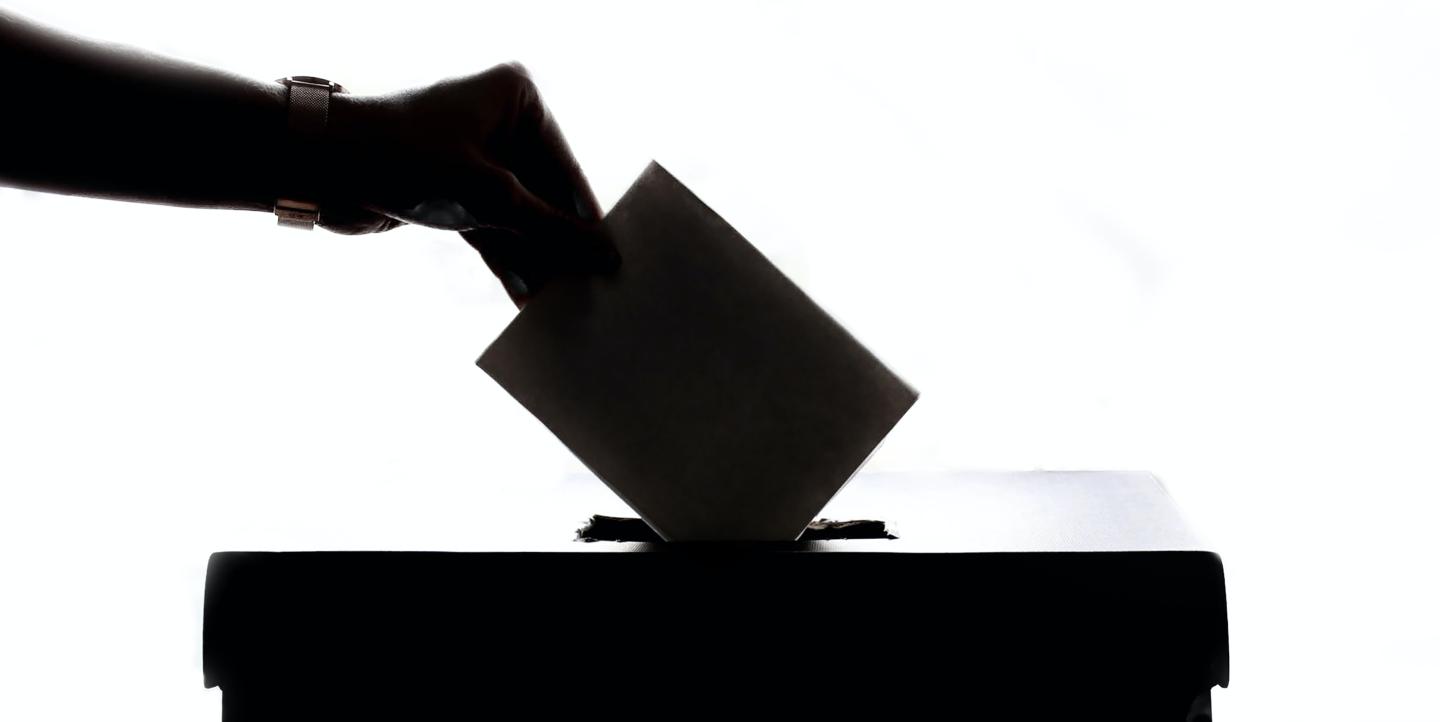Typically, the goal of election–related misinformation is to manipulate voters' decision-making or cast doubt in the electoral process. This has, however, led to violence in countries with fragile democracies.
Since the start of 2022, Nigeria's political space has been filled with many forms of mis- and disinformation which have propagated violence and misled citizens to make ill-informed decisions.
For instance, mis- and disinformation were major factors in the escalation of violence in Kenya following the general elections in 2017. In 2020, the spread of disinformation and divisive language triggered deadly post-election violence in the Central African Republic.
The Nigerian State Security Service recently warned that false information may be one of the biggest threats that could prevent the 2023 general elections from being fair and safe.
In a bid to address the issue at hand, Nigerian fact-checking platform, FactCheck Elections, is using innovative research, data and technological tools to debunk mis- and disinformation around electoral activities.
Founding a fact-checking platform
After monitoring various elections and conducting research that indicated that the spread of mis- and disinformation is one of the reasons why Nigerians have lost interest in electoral processes, Olasupo Abideen, a youth activist and civic tech enthusiast, created FactCheck Elections in April 2022.
"We launched the organization in order to help Nigerians make critical decisions during elections. Politicians in Nigeria are known for spreading all kinds of mis- and disinformation to lobby people and create violence. So [we] thought that there must be a platform to rescue people from all kinds of deadly misinformation," said Abideen.
The startup fact-checks manifestos and claims made during debates, monitors election results and presents its findings in short articles, infographics, pictures, videos and social media posts. FactCheck Elections’ mission is to ensure that Nigerian voters vote based on verified facts about candidates, rather than the disinformation spread about them.
Since its founding, the platform has provided numerous independent and nonpartisan verified reports about online misinformation. Some of the platform's reports helped correct erroneous claims made by politicians aiming to mislead unsuspecting audiences or elicit violence. To date, FactCheck Elections’ contributors have written, edited and published more than 100 fact-checks, media literacy analyses and explainer articles in the lead-up to Nigeria’s 2023 elections.
The core mandates of the organization include timeliness, ethical reporting, transparency and accountability, Abideen explained. He and his team are determined to ensure that they debunk false information as quickly as possible, and reduce the speed at which these claims reach unsuspecting people. "We have helped Nigerians put candidates of different political parties on their toes in such a way that [politicians] are more careful during campaigns because they know that there is a platform dedicated to checking them," he said.
In order to build the capacity of his staff and volunteers, Abideen invites other journalists, fact-checkers and media experts from organizations in the International Fact-Checking Network to his workshops so that they can provide insight on best practices for fact-checking.
"We have a seven-man team and some volunteers interested in what we do and we have been able to tackle various [forms of] fake news associated with the next election in the country," he said.
Challenges
While Abideen and his team have been successful in carrying out FactCheck Elections’ mission, sustaining the organization financially has not been easy. Most of the funds behind the organization come from the founder's personal earnings. Abideen hopes to receive funding from pitches he has submitted to civil society organizations fighting misinformation.
"[We have not received] funding from any external agency and that is one of the major challenges we face. While there are a lot of young, brilliant people who want to fact-check for us, there is not much funding to retain them," he said.
Still, Abideen is optimistic that FactCheck Elections’ volunteers will grow to become full-time staff members who will positively impact the lives of Nigerians and others all over the continent in the near future. He hopes the platform becomes a hub for all Africans to help confirm the truthfulness of news around electoral activities on the continent.
“We look forward to sustaining this project and making our work visible in subsequent and successive elections in Nigeria and Africa at large,” he said.
Photo by Element5 Digital on Unsplash.

